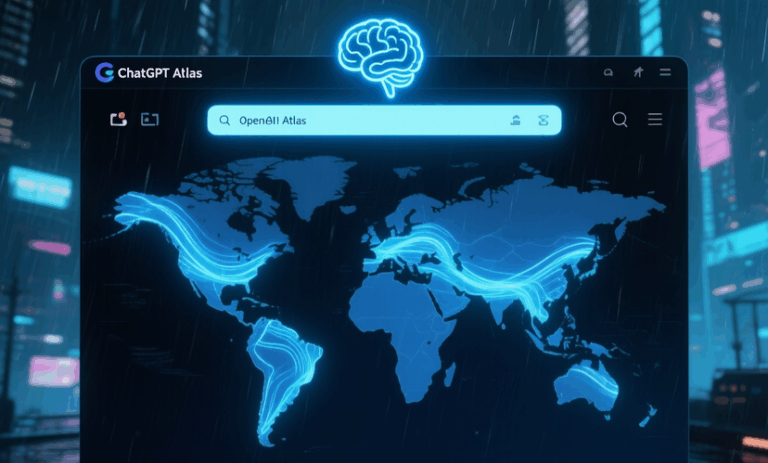
In recent months, YouTube has found itself at the center of controversy after admitting to altering videos hosted on its platform without obtaining consent from the original content creators. This revelation has ignited heated debates about the boundaries of automated intervention and respect for creative ownership, especially as the wave of AI technologies continues reshaping how platforms manage and present content.
The push behind these changes appears to be closely connected to advances in artificial intelligence, such as the integration of Google’s Gemini large language model. These AI tools are designed to optimize user experience by improving recommendations, filtering content, or enhancing video metadata. However, applying these technologies directly to content manipulation without clear disclosure or approval raises significant ethical questions, including transparency and trust between creators and platforms.
Many creators voiced frustration that unauthorized modifications can distort the original message or artistic intention embedded within their videos. For an ecosystem that thrives on authenticity and the unique voice of each creator, these changes undermine the foundational principle of creative control. Additionally, this development points to a broader concern: as AI increasingly influences digital spaces, it can sometimes blur the lines between enhancement and unwanted interference.
From a broader perspective, YouTube’s admission shines a spotlight on the growing tension between leveraging AI for platform improvements and maintaining user rights. While automation offers undeniable benefits for managing vast amounts of content efficiently, the balance must be carefully managed to avoid alienating the very people who fuel these platforms—the creators. It also highlights a need for clearer policies and communication regarding how and when AI is allowed to interact with original user content.
Ultimately, this situation illustrates the double-edged nature of AI integration in content platforms. As companies race to adopt cutting-edge technology, they must ensure that ethical considerations keep pace. Upholding creator consent and transparency is crucial not just for fairness but for sustaining the vitality and trust within digital creative communities. Without this, the promise of AI-enhanced platforms risks becoming overshadowed by controversy and mistrust.



